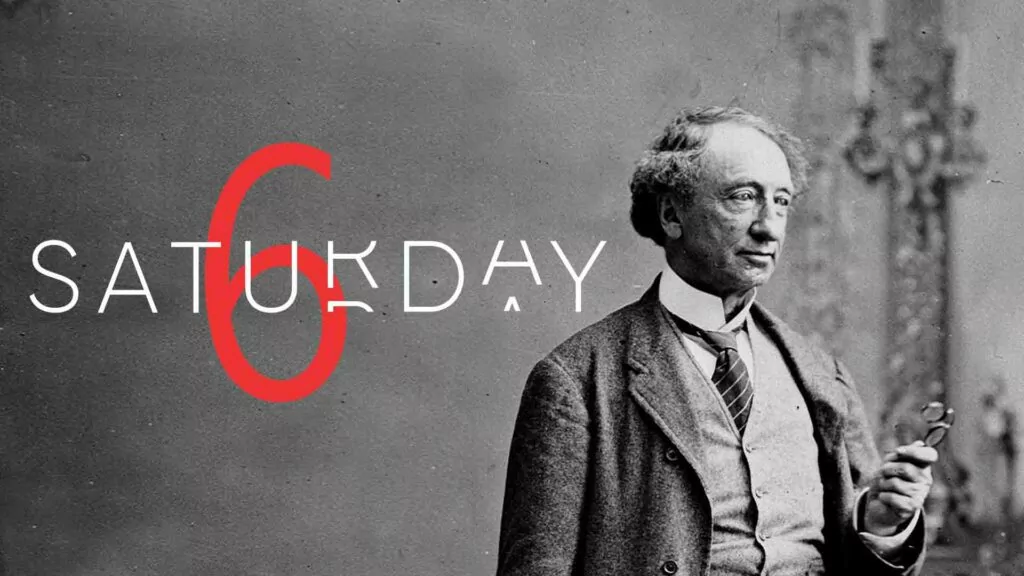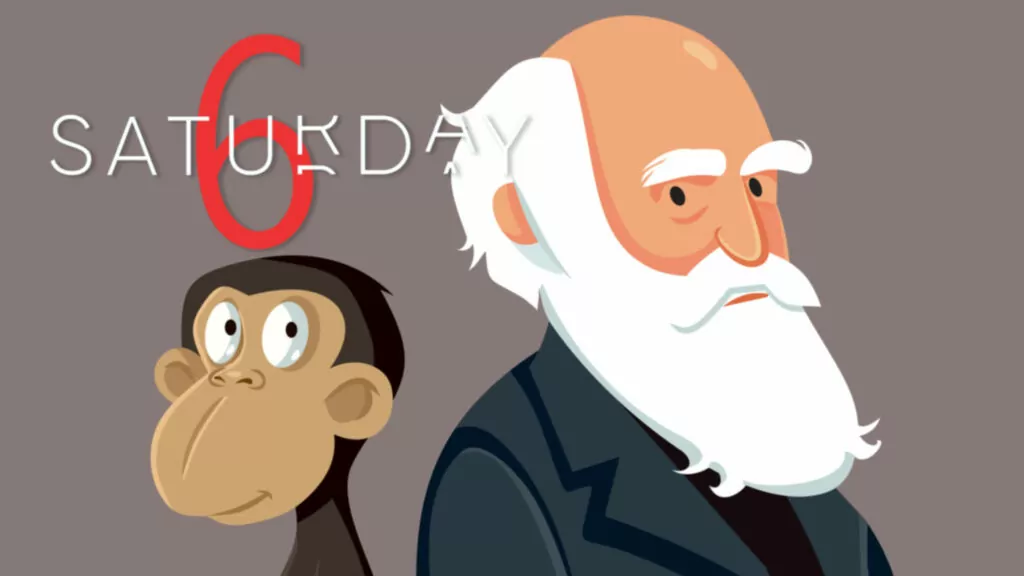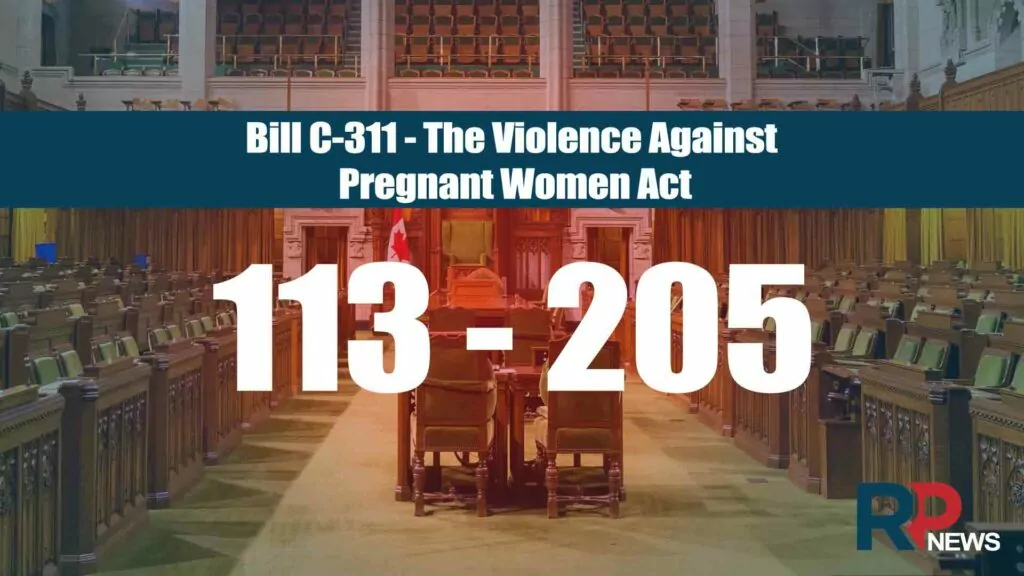
News
Canada's highest court declines churches' appeal over Covid restrictions
The Supreme Court of Canada will not hear an appeal of how the BC government dealt with churches during Covid.
Although each provincial government dealt with religious gatherings differently, BC’s response was particularly difficult, as the province ordered churches closed while it allowed bars, restaurants, gyms, businesses, art galleries, and schools to carry on. The indefinite order caused great stress as it clashed with God’s calling to His people to gather for worship and to care for each other. And as the lower court judge admitted, it also violated the constitution’s protection for freedom of religion and assembly.
After the numerous efforts by churches to communicate with the provincial government fell on deaf ears, a respectful court challenge was initiated by three churches, two of them Reformed: Riverside Calvary Chapel in Langley, the Immanuel Covenant Reformed Church of Abbotsford, and the Free Reformed Church of Chilliwack. ARPA Canada was also granted written and oral arguments by the court.
These three churches invested a great deal of time, effort, and heartache into their court challenge, and into conducting it as far as was possible, even in the face of some criticism from other churches. Some brothers and sisters seemed to think that challenging the government in court was contrary to the call for submission to the governing authorities that we find in Romans 13.
But it is not. The courts are one of the three branches of government, and they offer a critical accountability to both the legislative branch (which makes the laws), and the executive (which enforces the laws). Bringing a case to the court doesn’t show disrespect for the government. It shows utmost respect – using the process that God has given us and the system of government we have. That's why Paul could appeal to the court system of his day (Acts 25:10-11).
One lesson learned by those involved in these cases is that many of our secular leaders, including our judges, have little concept of what church and corporate worship means. As ARPA Canada detailed in their analysis of the original ruling which the churches were appealing, it was evident that the judge didn't understand how important worship is:
"we should also be gravely concerned that he does not seem to have an appreciation for how central gathered worship is to Christians. In the judgement, Chief Justice Hinkson suggests that because both secular and religious schools can gather, that the current restrictions do not disadvantage those with religious beliefs. But this fails to appreciate the centrality of gathered worship to Christian communities. It is small comfort for a child to be able to gather with other Christians for the purpose of learning at school, but not to gather for the purpose of worship at church."
It is important that churches, as legitimate authorities under God, now use times of peace and freedom to build relationships with our civic leaders so that they understand who we are and what God has called both us and them to.
That the Supreme Court declined to weigh in isn't unusual – most appeal requests are denied, and the highest court also doesn’t give reasons for its decisions for not taking an appeal. Yet we can be thankful that the highest court of all, led by the Chief Justice of the universe, is seated on the throne and will judge all things and also make all things right.






























